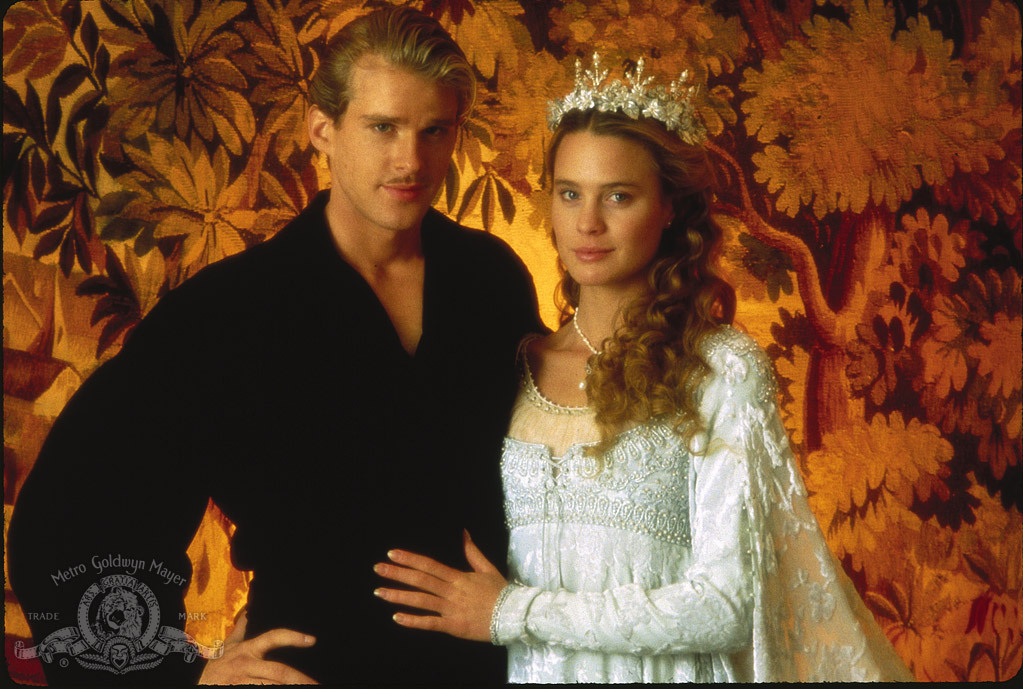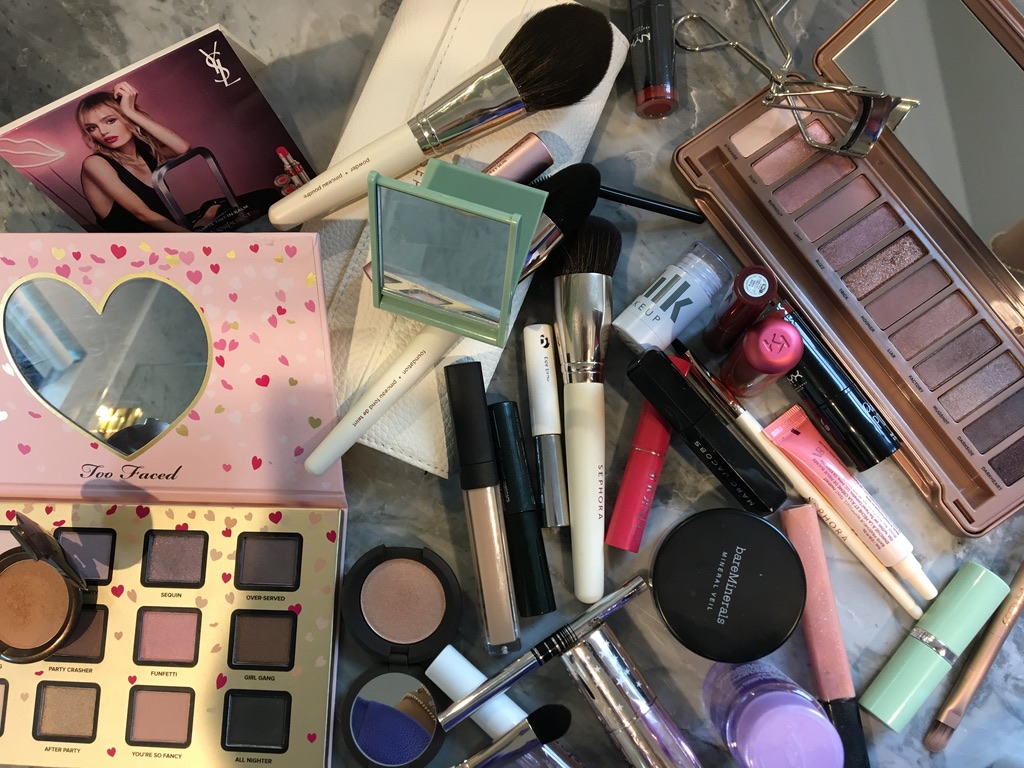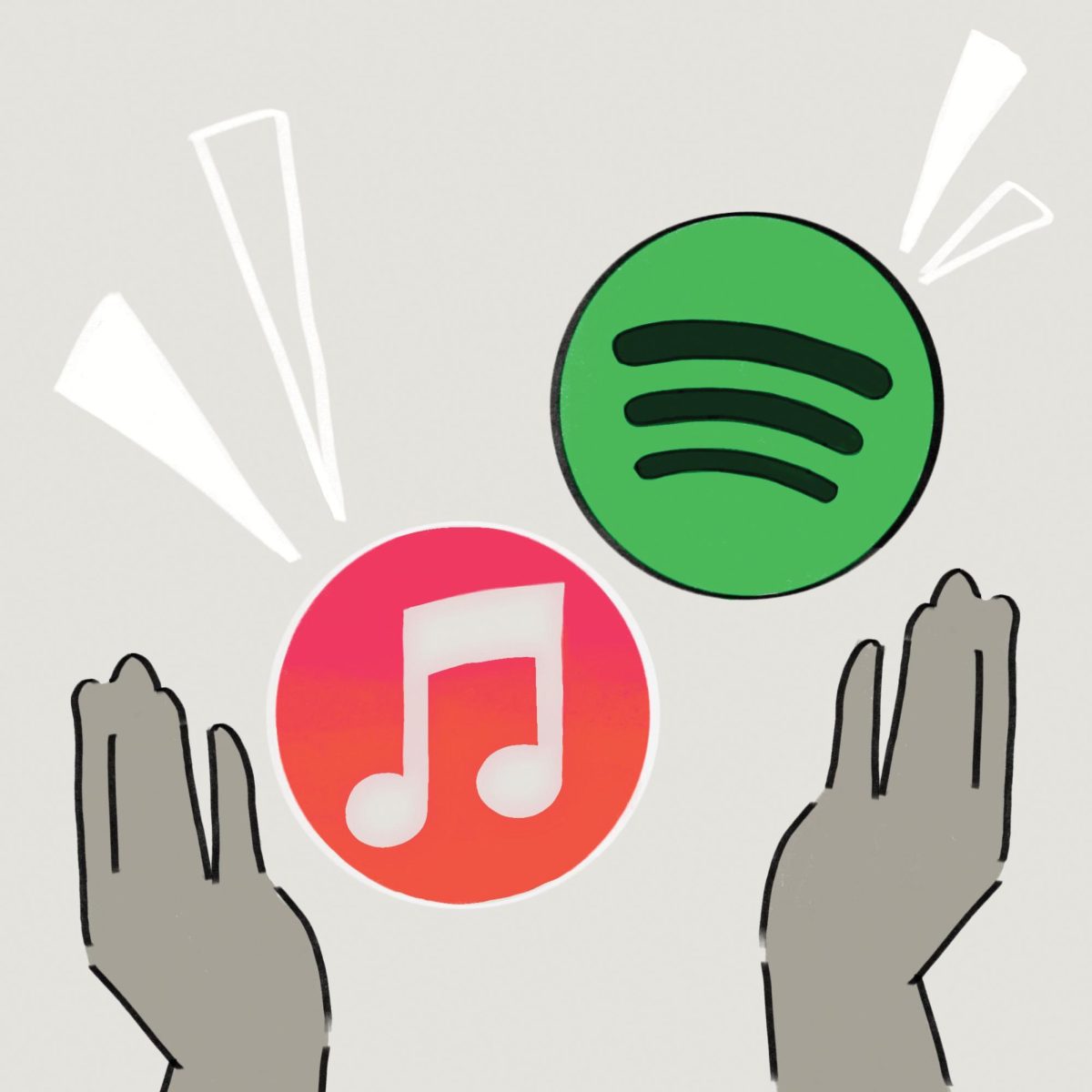I, like many of my Gen-Z compatriots, admit that I have a social media addiction. Acknowledging that the usual suspects invoke in me a bottomless well of self-hatred, I have found solace instead in more obscure forms of social media.
As your screen time no doubt skyrockets during quarantine, I recommend you supplement your media diet with Letterboxd.
I would describe Letterboxd as Goodreads for people who a) like film and b) wish they liked Goodreads more than they do. On the Letterboxd website and app, users can log and categorize films they have seen along with ratings and reviews, make lists of films they wish to see, follow other users and comment on or “like” other users’ lists and reviews. Exceptionally flexible, some users simply mark films as “watched” while others meticulously rate, review, cultivate lists and engage with others.
A well-kept secret, Letterboxd had 1.5 million members as of November 2019 to Goodreads’ over 90 million.
Where Goodreads has a user interface seemingly designed to confuse and a beige aesthetic that can only be described as visually offensive, Letterboxd boasts a minimalistic, intuitive design. The site perpetually remains in dark mode, a treat for the eye and for the precipitously declining laptop battery.
Unlike Rotten Tomatoes and Metacritic, Letterboxd takes a democratic approach to film criticism by eliminating the audience/critic distinction. The top reviews for a film are those that accrue the most likes, empowering me to feel as though ordinary people’s opinions about films—even my own—can be interesting and valid. I am by no means a seasoned cinephile, but while I used to vaguely enjoy every movie, I am now occasionally able to formulate and share a coherent thought of my own.
Letterboxd is The People’s social media in more ways than one; users can access near-total functionality with a free account. It lacks both native advertising and the offputting corporate presence on sites like Twitter, whose userbase is 90% corporate bots reminiscing about their most treasured times at the Amazon warehouse.
Letterboxd satisfies my desire for obsessive self-documentation without the status-consciousness implicit to Instagram. The site is social but remains centered on content rather than users and clout. Certain users with large followings (“influencers”) exist, but they serve to expose me to movies I might not have otherwise considered watching rather than inspiring me to dream about devoting inordinate sums of money to brunch and cosmetic surgery like their Instagram counterparts.
Best of all, logging films provides me with a tangible sense of accomplishment. If someone asks what you did during quarantine, recalling days spent languishing in the same tattered pajamas, you can tell them to look no further than your Letterboxd diary.







